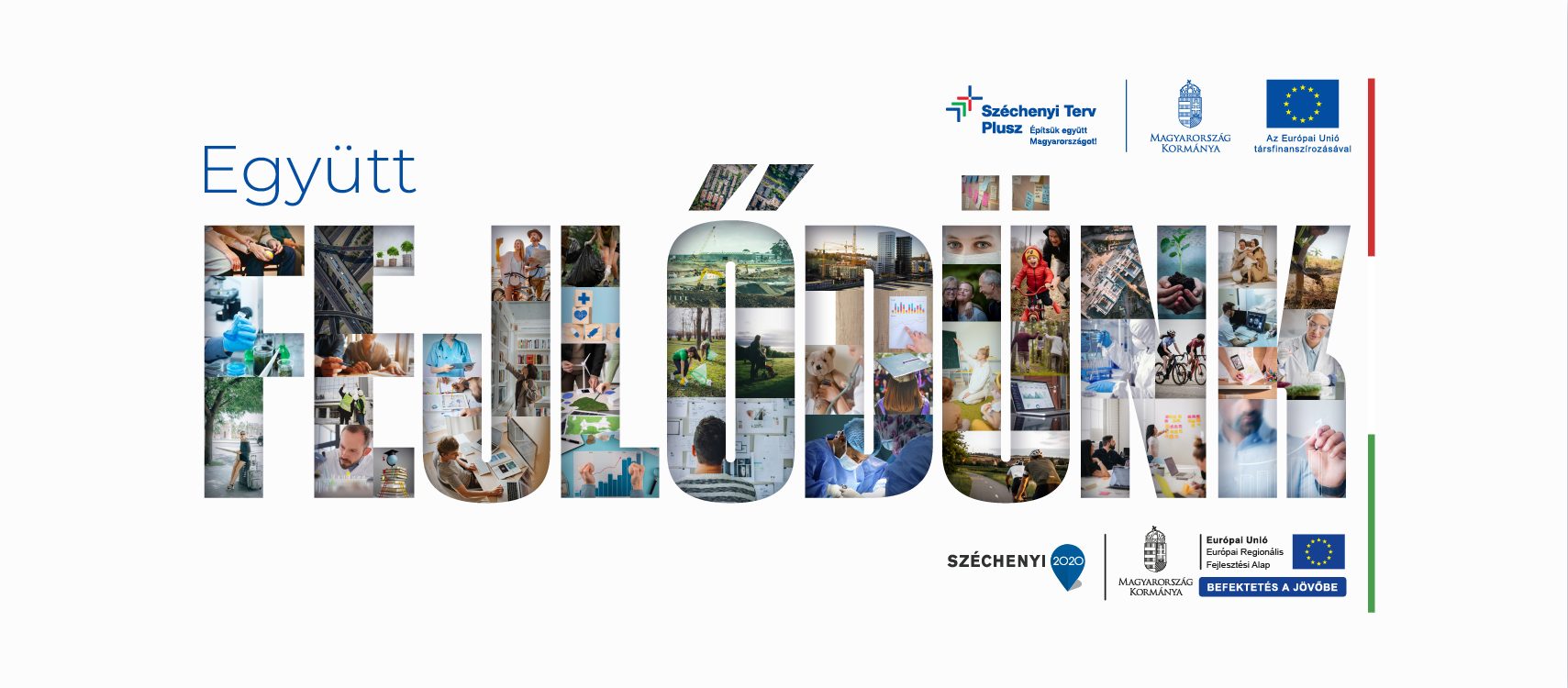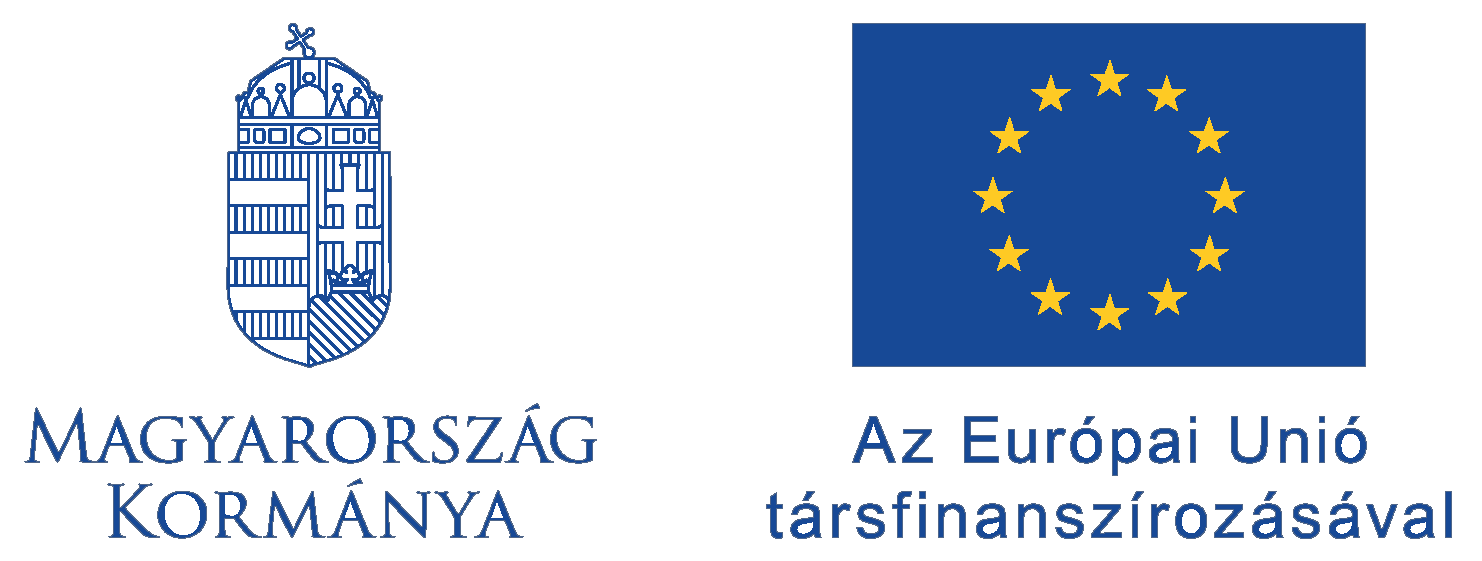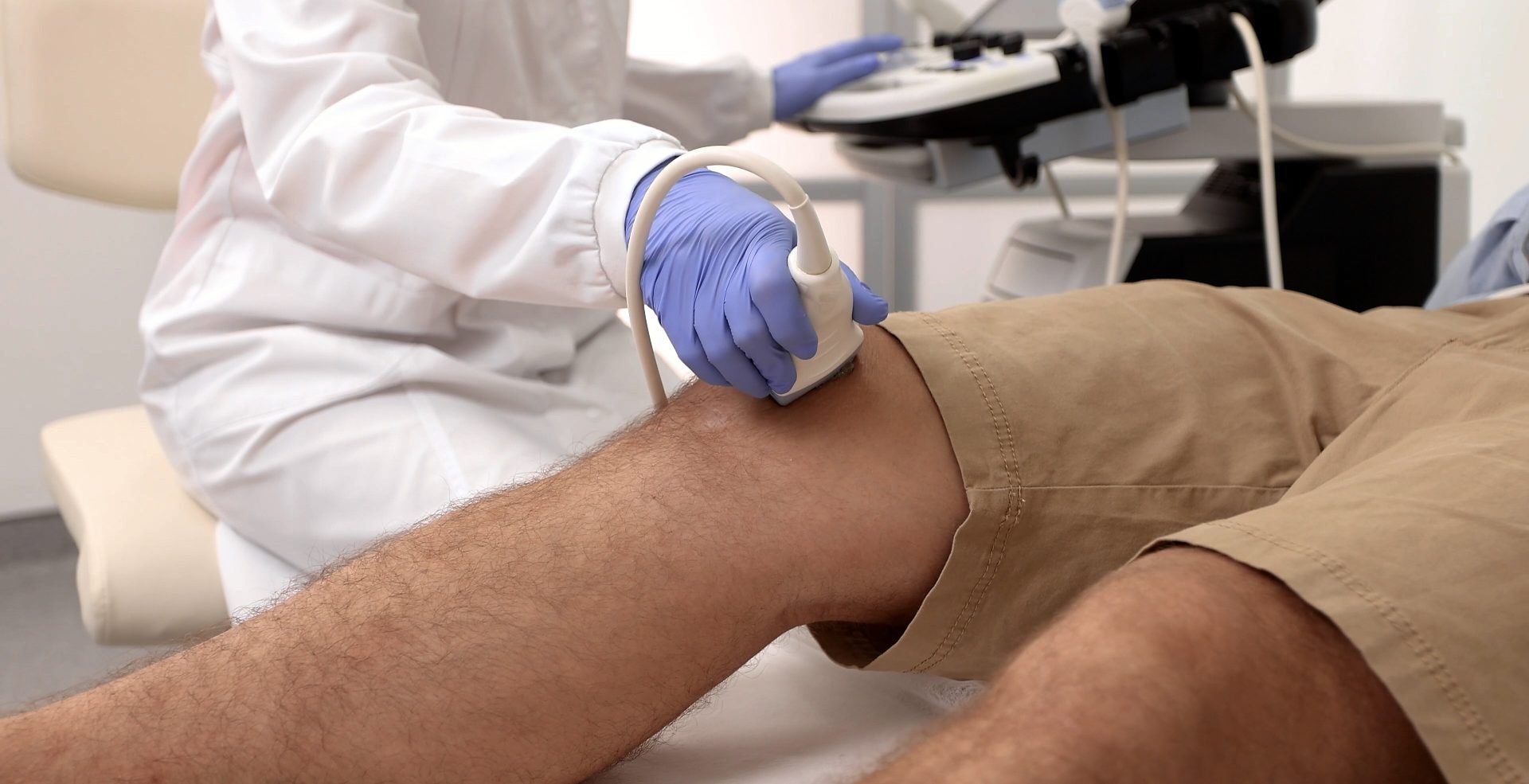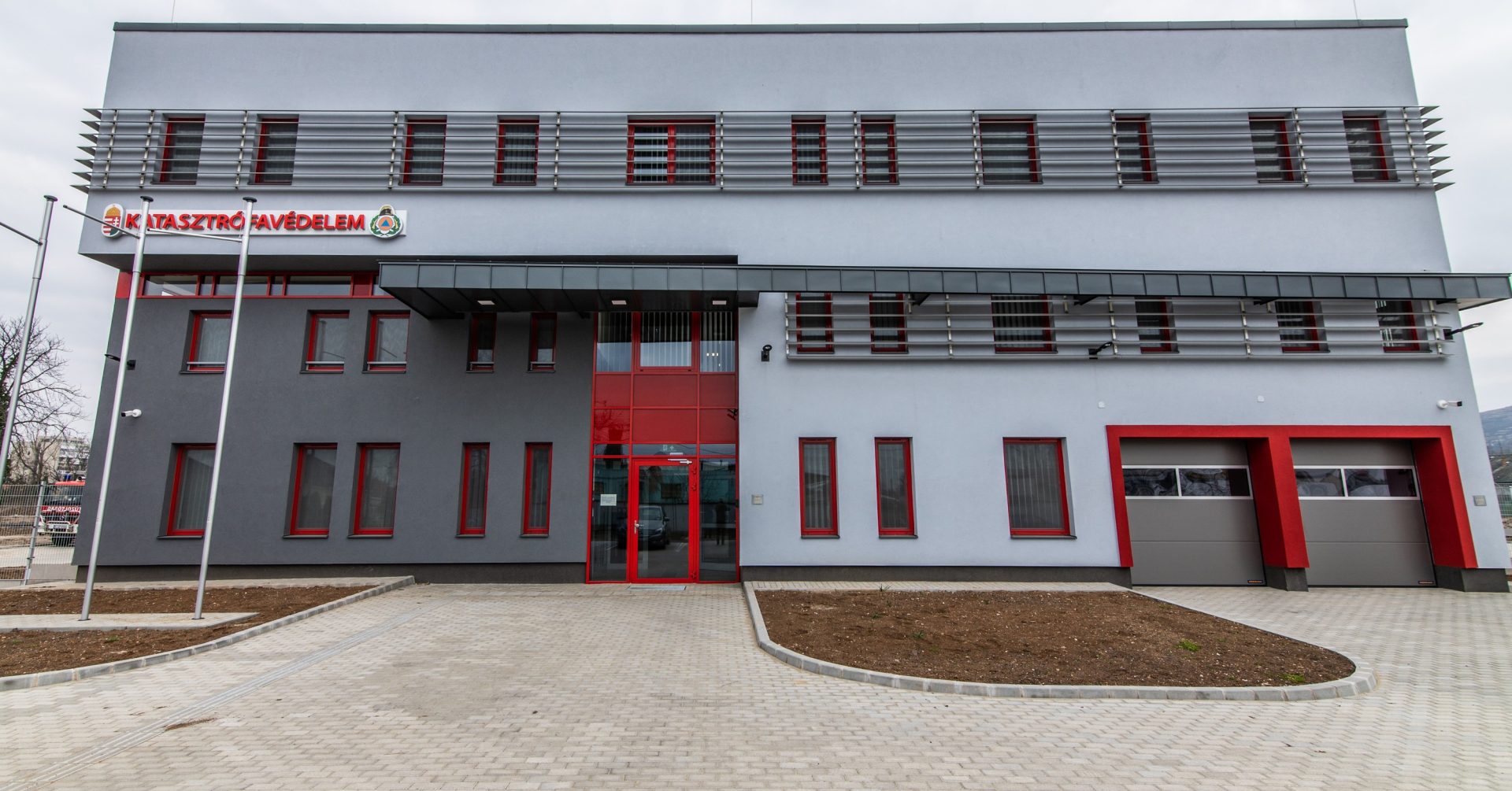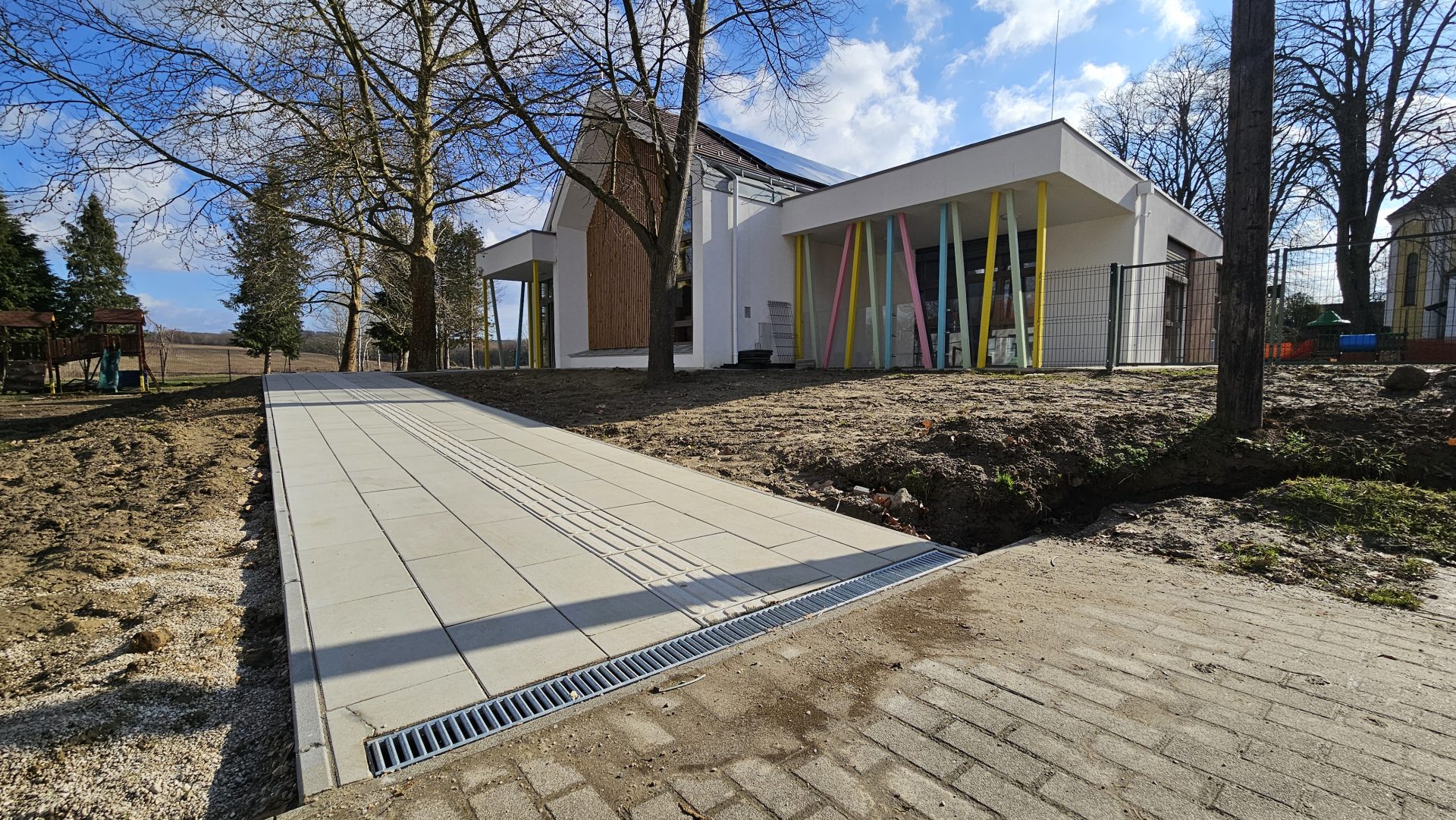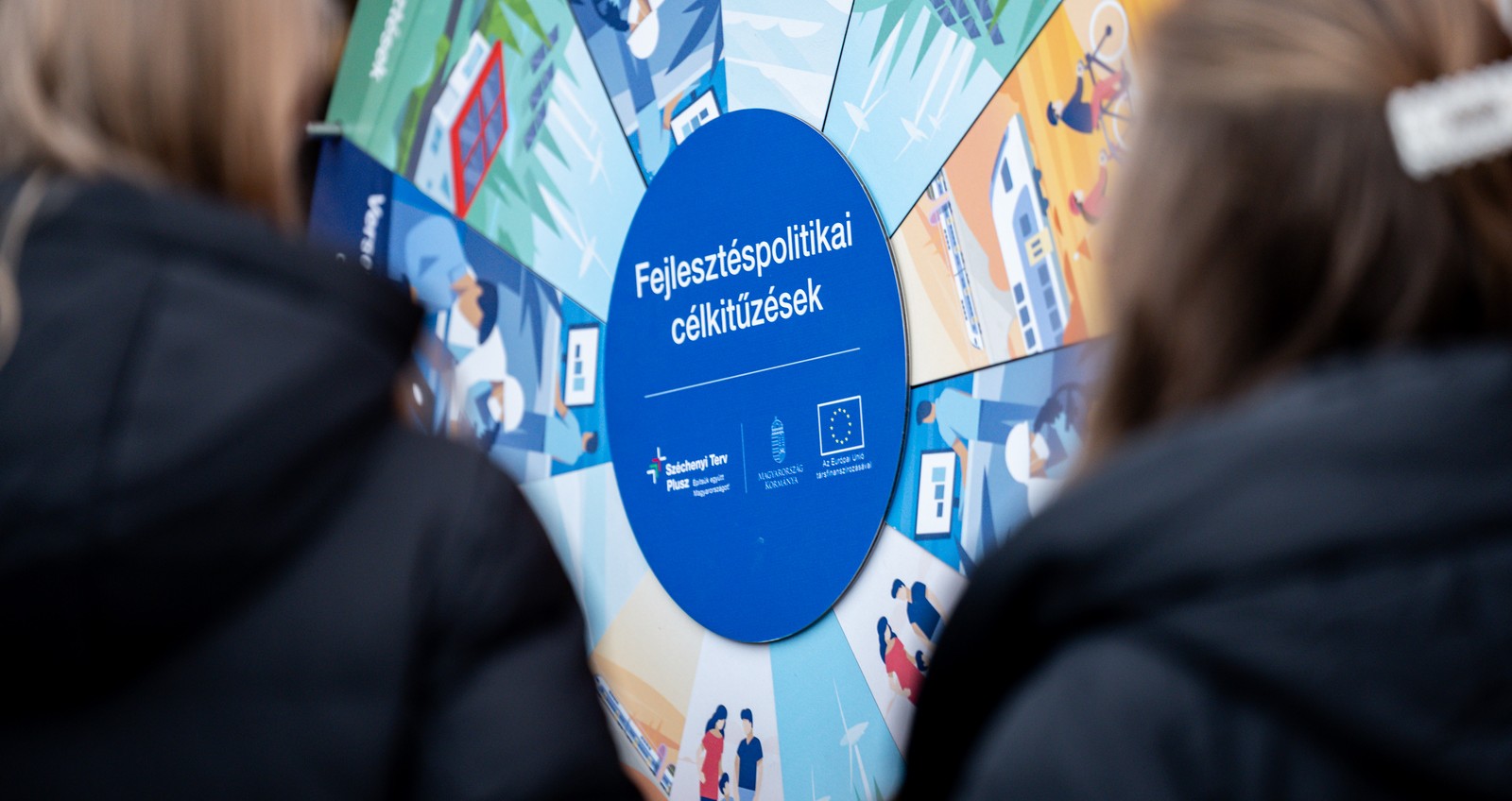The Housing First application was announced to support projects that assist the social and labor market integration of homeless people. The initiative is based on the serious problem of homelessness in Hungary, characterised by a growing proportion of people living on the streets and challenges to the existing care system. The current institutional capacity to help people leave street life is limited. This has led to the need for new solutions.
The programme aimed to reduce street homelessness and provide independent housing. This is a prerequisite for integration. An innovative approach, where housing is not the end result of care but the starting point, offers more sustainable solutions in the long term. The results should not only be a reduction in the number of people living on the streets. They should also be a more efficient functioning of the care system, a lasting improvement in the living conditions of homeless people and a strengthening of their position in the labour market.
The Municipality of Budapest and The Budapest Methodological Centre of Social Policy and Its Institutions were awarded a non-repayable grant under this call and implemented the project From Street to Flat in the Capital. The project were financed by the European Union and the Hungarian State.
Providing not only housing but also a complex, personalised support system was unique. The project gave 25 homeless people the opportunity to move into social housing flats. This gave them a chance to a fresh start. In addition, a professional team of social workers, psychologists, and addiction specialists provided them constant personalised support and worked together to stabilise their situation and improve their long-term development. The aim was that by the end of the support period, they would be able to maintain their tenancy and seek help in crisis situations through the right professional networks.
As part of the housing benefit, rent and utilities were paid for a fixed period of time. Basic furniture and fittings were provided, moreover hygiene items and food were given to make it easier for them to leave homelessness behind.
In personalised professional assistance, the “Critical Time Intervention” (CTI) methodology, which provides intensive, personal support during critical periods, played a significant role. An essential element that emerged was the promotion of employment, such as job search counseling, the creation of individual development plans, the provision of transportation passes for commuting to work and group activities, as well as the financing of tools that aid social integration, such as clothing or dental prosthetics. Particular attention was paid to organising recreational activities and providing mental health support to help clients build relationships and reduce the stress accumulated during street life.
The project’s results give reasons for optimism: the vast majority of the involved individuals successfully engaged with the program and began laying the foundations necessary for a new life, becoming more independent and confident. The long-term effects are, of course, difficult to predict accurately, but the project’s innovative approach—especially the application of the CTI model—offers a great opportunity for participants to successfully reintegrate into society.
The lessons and results can serve as guidelines in the long term for the development of homeless care and the promotion of social integration. This not only improves the quality of life for those affected but also benefits society as a whole. The opportunity for a fresh start is a fundamental right for every person – and this project has made it tangibly accessible.
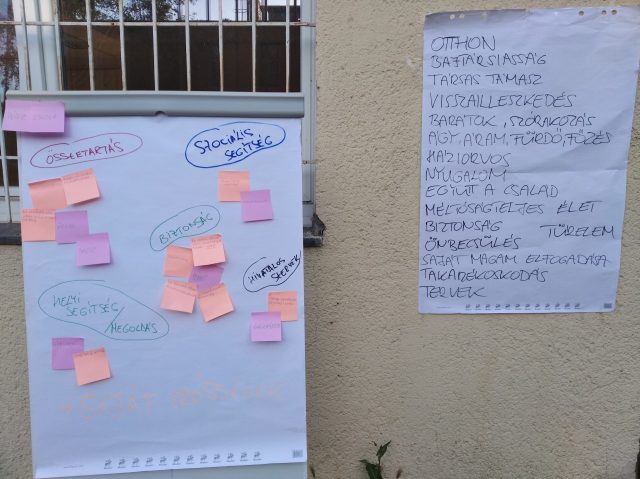
The development was implemented from EU funding in the project VEKOP-7.1.5-16-2017-00003 under the Competitive Central Hungary Operational Program.
Find out more about the project in the Project Finder:Details
